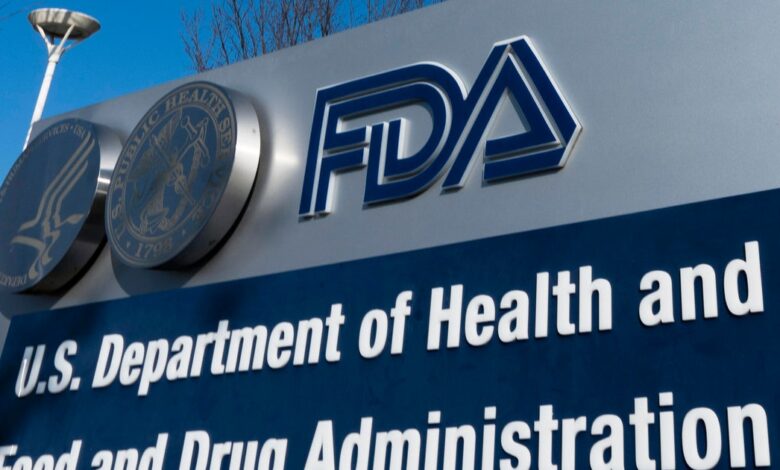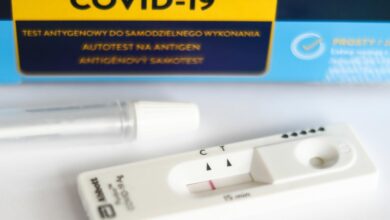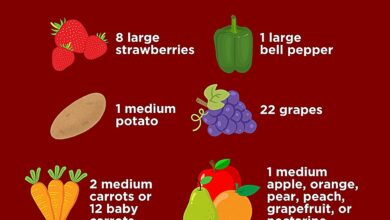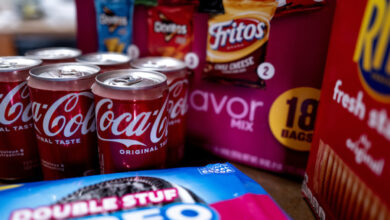FDA bird flu testing efforts disrupted by RFK Jr.’s layoffs, officials say

The ongoing bird flu outbreak has caused disruptions in the Food and Drug Administration’s efforts to support testing, as steep layoffs at the agency have impacted critical programs. Health and Human Services Secretary Robert F. Kennedy Jr.’s cuts to federal health agencies have led to significant reductions in force at the FDA, affecting key initiatives to combat the spread of the virus.
One such initiative that has been impacted is a planned FDA exercise with a network of veterinary testing labs across the country to detect the virus in milk. The elimination of the FDA’s food safety lab in Illinois has forced the suspension of this exercise, which was intended to ensure the labs’ ability to detect the virus using various testing methods.
The FDA-backed Veterinary Laboratory Investigation and Response Network, along with government-backed and private labs, were set to participate in the exercise. However, the layoffs, including the removal of a key quality assurance officer, have hindered the progress of this crucial effort. The disruption has raised concerns about the confidence in laboratory methods for food safety and animal health.
The layoffs at the FDA, part of a broader plan to realign HHS with its core mission, have resulted in the loss of around 3,500 full-time employees, including those supporting food and drug safety inspectors. The department has implemented personnel cuts focused on eliminating redundant or unnecessary administrative positions and has reduced its regional footprint by closing offices in high-cost cities.
The impact of Kennedy’s cuts extends beyond the FDA, with other federal labs, such as those at the U.S. Centers for Disease Control and Prevention, also facing significant reductions. Labs investigating STD and hepatitis outbreaks have been gutted, further straining the nation’s public health response capabilities.
In addition to the FDA exercise, efforts to test pet food for bird flu contamination have been disrupted at the agency’s San Francisco-area food safety testing lab. The closure of the lab and the elimination of staff have raised concerns about the agency’s ability to respond effectively to outbreaks affecting both humans and animals.
The recent multistate recalls of pet food due to bird flu contamination highlight the urgency of maintaining robust testing and regulatory oversight. The virus has proven to be particularly lethal to pet cats, underscoring the importance of proactive measures to protect animal health.
In the wake of these challenges, the FDA’s veterinary center has called on pet food manufacturers to enhance their measures to ensure products are free of the virus. The center plays a crucial role in overseeing the safety of drugs and food for animals, including pets, emphasizing the need for continued vigilance in the face of evolving public health threats.





